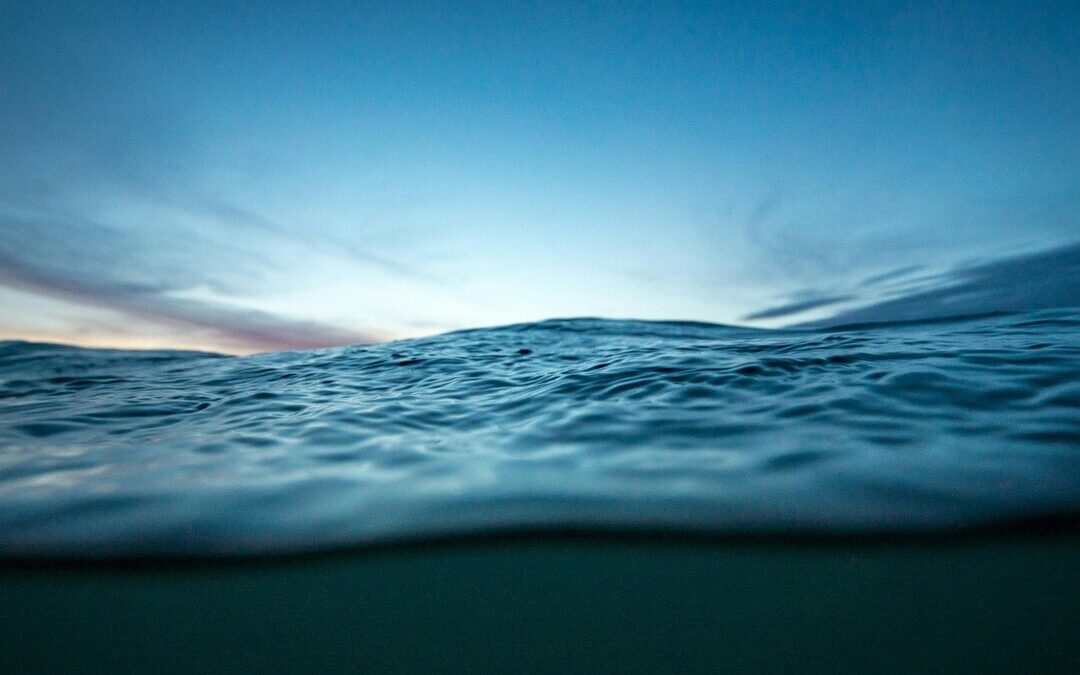Frontier Climate Signs $31M Deal With Planetary for Ocean Carbon Removal
Deal supports large-scale ocean alkalinity projects to remove CO₂ and combat ocean acidification, while engaging with Indigenous communities.
U.S.-based Frontier Climate has signed a $31.3 million offtake agreement with Canadian carbon removal company Planetary to expand ocean alkalinity enhancement, a method that could permanently remove billions of tons of carbon dioxide from the atmosphere at relatively low cost.
First Large-Scale OAE Offtake
Planetary will remove 115,211 tons of CO₂ between 2026 and 2030 by dissolving alkaline minerals such as calcium oxide and magnesium oxide into seawater.
The process accelerates the ocean’s natural ability to store carbon in the form of bicarbonate ions, which remain locked away for more than 10,000 years, while also raising local pH levels that benefit shellfish and other marine species.
The deal builds on Planetary’s recent pilot, which delivered the world’s first verified OAE removals, and represents the first commercial-scale offtake in the emerging field.
Cost Path and Measurement
Planetary said its process could achieve removals for less than $100 a ton, compared with current estimates of $50 to $160 a ton. Cost reductions hinge on using cheaper alkaline feedstocks and co-locating operations near suppliers to cut transport costs.
“Ocean alkalinity enhancement can safely and effectively remove CO₂ beyond small-scale trials,” said Planetary CEO Mike Kelland in a statement. “This could be the cheapest and most scalable carbon removal solution.”
Monitoring is a core challenge for ocean-based removals, but Planetary dissolves minerals before release, eliminating uncertainty about when they take effect. The firm uses sensors and computational models to track air-sea gas exchange and has set up “stop trigger” safety thresholds if environmental measures are exceeded.
Frontier’s Role and Partners
Frontier facilitates advanced purchases of carbon removal on behalf of corporate members, including Stripe, Google, Shopify, McKinsey Sustainability, Autodesk, H&M Group and Workday.
Other participants include Canva, Samsara, SKIMS and Wise through its partnership with the carbon platform Watershed.
Frontier head of deployment Hannah Bebbington said OAE offered strong potential but needed “ironclad measurement and safety protocols” alongside community engagement. “This is the right project and team to pave the way forward,” she said.
Indigenous and Community Engagement
Planetary is collaborating with Indigenous groups and universities at its Tufts Cove site in Canada. The Confederacy of Mainland Mi’kmaq and Ulnooweg Indigenous Communities Foundation welcomed the partnership, citing opportunities for conservation, oyster reef restoration and knowledge sharing.
The agreement adds coastal OAE to Frontier’s wider portfolio of carbon removal pathways, which include enhanced rock weathering and freshwater-based methods.
Also Read:
Six Global Development Banks Launch $3.4B Effort to Fight Ocean Pollution
Nirmal Menon
Related posts
Subscribe
Error: Contact form not found.


